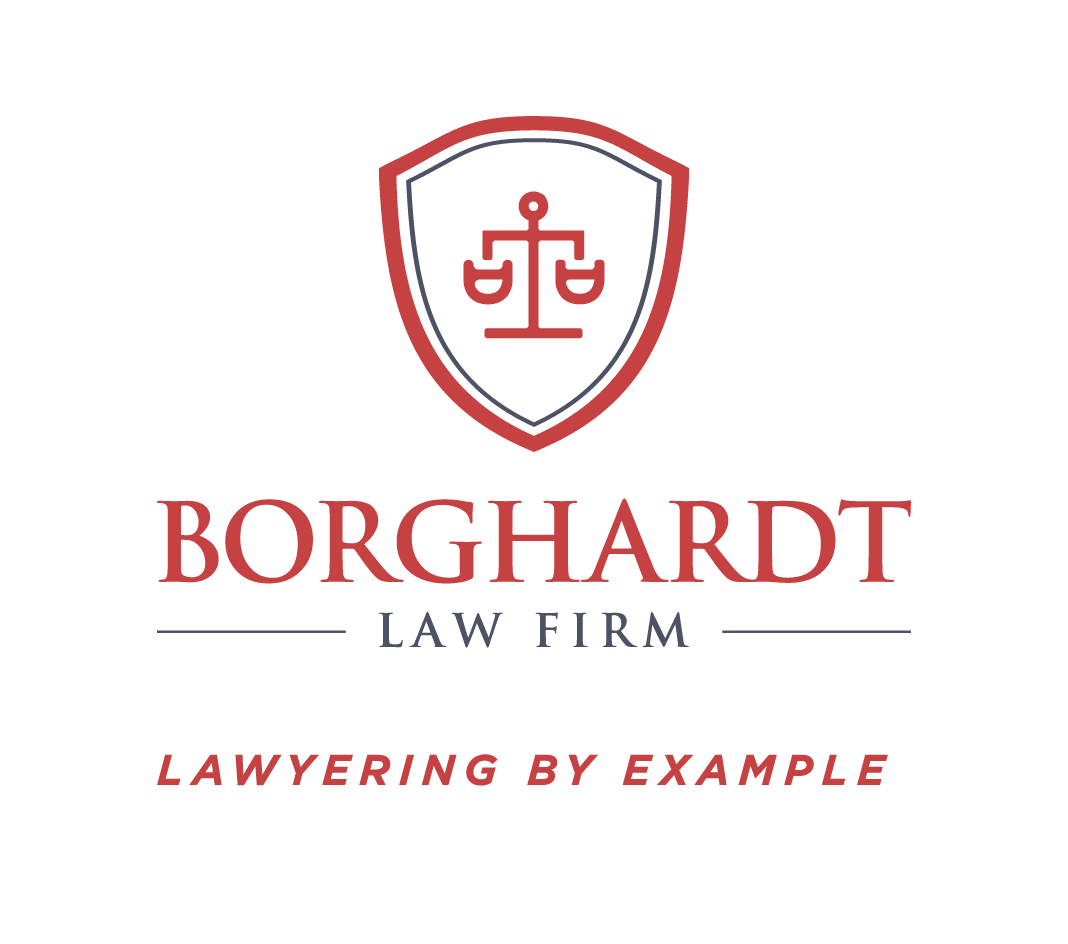How do you represent guilty people?
When people meet me and find out what I do for a living, I often get asked the same question. “How do you represent those people you know are guilty?” The answer generally surprises people. Representing individuals accused of criminal acts who are “guilty” is actually very easy. Representing individuals who are innocent and wrongfully accused is extremely difficult. Let me explain.
First, people who do criminal acts are not always “criminals.” One would hardly call a person who gets a traffic ticket or gets into a heated fight, “a criminal.” While some individuals might fit this category or classification, some criminal acts are just mistakes—stupid decisions that have a consequence in the criminal justice system. The truth of the matter is that all individuals, guilty or innocent, are entitled to certain rights that must be upheld in order for the justice system to work. They are entitled to competent representation, the right to an attorney, the right to confront witnesses, the right to a trial, and the right to have those accusing them prove the case beyond a reasonable doubt. Those rights are the constitutional pillars of our justice system and ensure everyone gets treated fairly. Representing people accused of crimes, even the guilty ones, requires that the lawyer make sure that the accused aren’t alone in facing their accusers. It may mean that the lawyer helps the accused present mitigation and get their life on track—such as assisting the client get treatment for a substance abuse problem, get counseling for mental health issues, take classes for better decision making, pay restitution, or perform community service work to atone for their acts. It may mean helping the accused navigate the system to get the best resolution available for their unique and particular situation. It doesn’t mean “trying to get the person off” of their charges, though the government maintains the burden to proving their case at all times. Representing guilty people means helping them and society find balance in the resolution of their cases.
Representing innocent people falsely accused of crimes, on the other hand, is extremely challenging and difficult. The fate of the accused rests on the shoulders of the lawyer and his/her ability to seek justice, find exculpatory evidence, thoroughly investigate the case, and to ensure that the person who is wrongful accused is not wrongly convicted. Sometimes law enforcement may simply have missed a critical piece of evidence or made false assumptions in their investigation. To be sure, this keeps a caring soul up up at night. The last thing a good lawyer wants is for their client to be convicted or, even worse, go to jail for something they simply did not do.
Representing both guilty and innocent human beings requires hard work, a balanced sense of what justice means, and dedication for fighting for what is right. What is right is right. This is a challenge I have gladly accepted in doing what I do as a lawyer and in serving my clients through work I do at The Borghardt Law Firm.
Franz N. Borghardt

